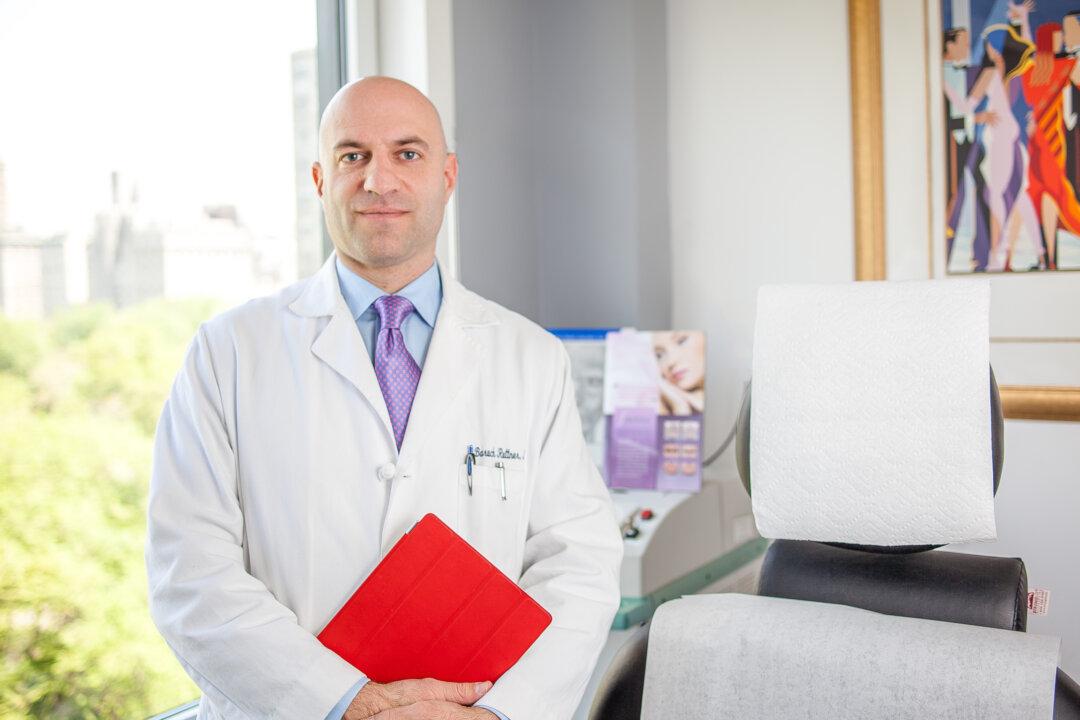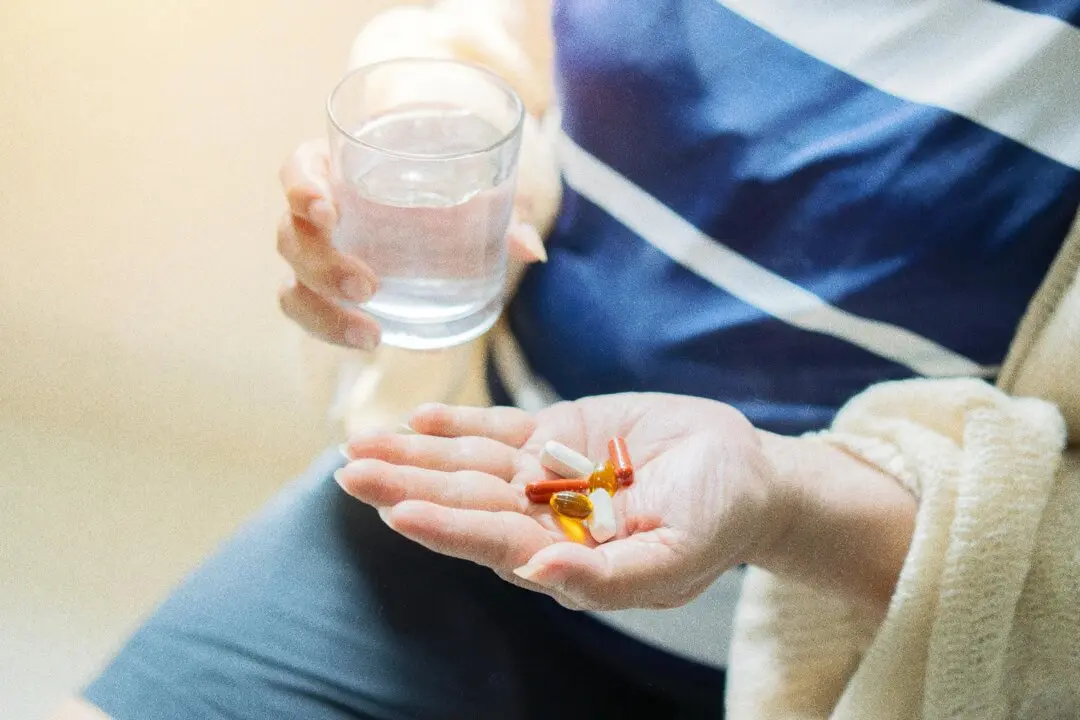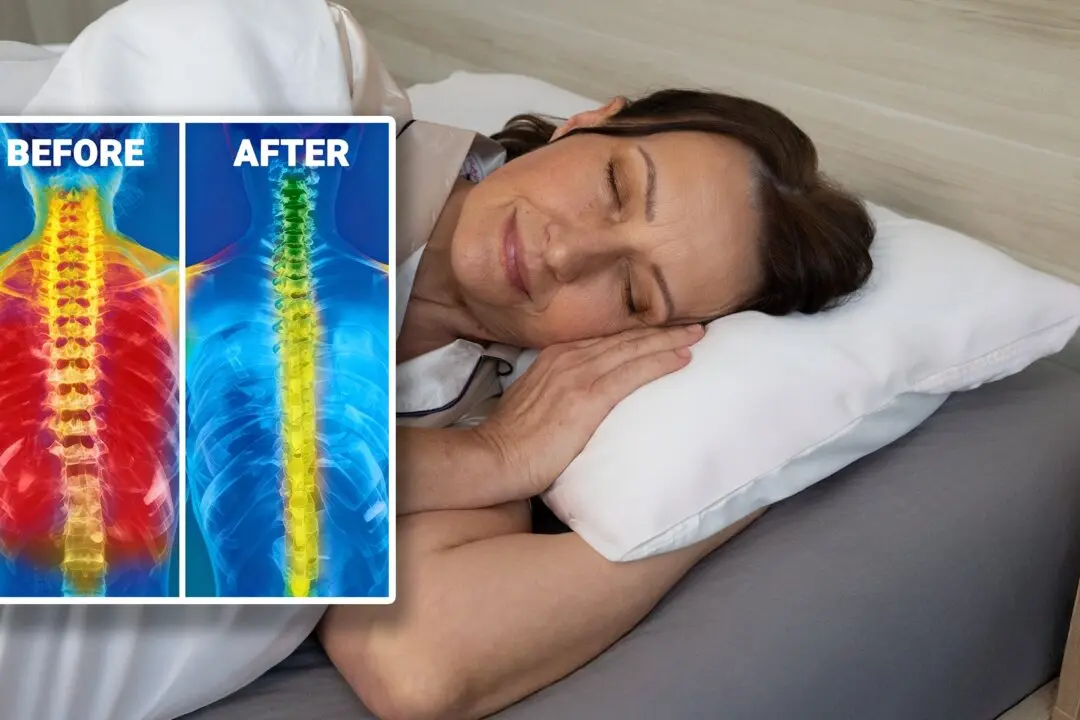One of Dr. Baruch Ruttner’s patients, a man in his 50s, was going through a painful divorce. “He couldn’t concentrate, he was depressed, and had low libido,” Dr. Ruttner recalls. These are all classic symptoms of low-T, or lowered levels of testosterone, which affects 39 percent of men over the age of 45, according to MedScape.
After consultation and analysis of lab results, Dr. Ruttner put this patient on a course of testosterone replacement therapy (TRT). Soon this patient was working out again at the gym, eating healthily, and experiencing improved libido and endurance.
“Literally, his whole life turned around. Hormone replacement therapy really helped push him forward to start living better again,” Dr. Ruttner said.
Now men have a choice. They have a lot more time to enjoy life, not just live it out. They want good years; full, active, meaningful years.
, NY Vitality





